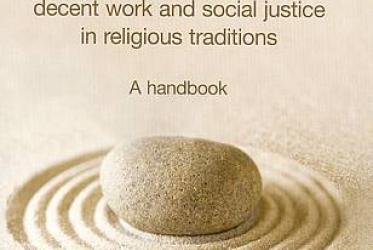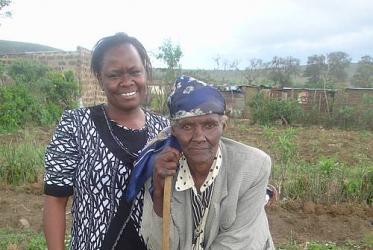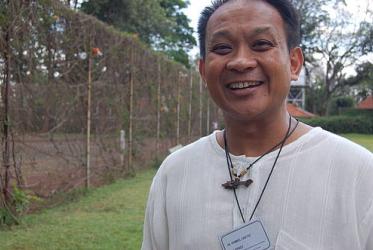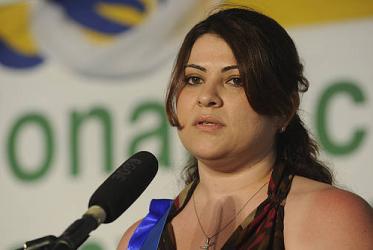Displaying 281 - 291 of 291
27 March 2012
Working together for social justice and decent work
23 January 2012
Fighting ignorance, fear and stigma through Bible study
09 December 2011
Human rights advocacy is a prophetic witness of the churches
01 November 2011
Water: a political issue needing political solution
27 October 2011
Unity and just peace suggested as assembly themes
16 February 2011
Getting a dose of reality on climate change
16 December 2009
December 2004
23 November 2004








